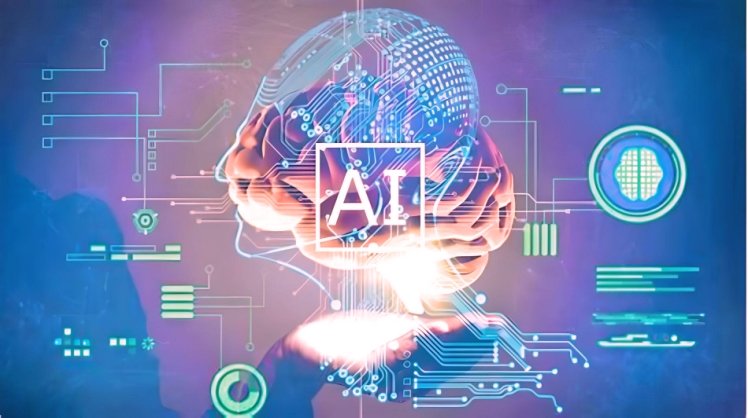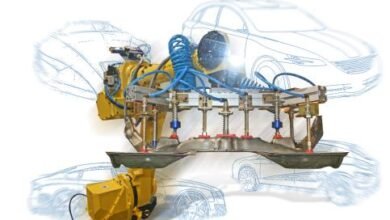Demystifying the Machine Mind: An Exploration of AI Technology

Exploration of AI Technology
Artificial intelligence (AI) has become ubiquitous in our daily lives, from the personalized recommendations on our phones to the self-driving cars testing on city streets. Yet, for many, AI remains a shrouded mystery, a complex web of algorithms and code whispered about in hushed tones. In this article, we’ll peel back the curtain and delve into the world of AI technology, demystifying its core concepts and exploring its transformative potential.
Unveiling the Core: What is AI?
At its core, AI can be defined as the ability of machines to exhibit intelligent behavior. This encompasses a range of capabilities, including:
- Learning: AI systems can learn from data, identifying patterns and adapting their behavior accordingly. This allows them to improve over time and perform tasks they haven’t been explicitly programmed for.
- Problem-solving: AI can analyze complex situations and generate solutions, often surpassing human capabilities in specific domains like chess or medical diagnosis.
- Decision-making: AI can weigh evidence and make informed decisions, even in uncertain situations. This makes them invaluable for tasks like financial forecasting or fraud detection.
It’s important to note that AI exists in a spectrum of sophistication. On one end, we have “narrow AI,” specialized systems focused on particular tasks like facial recognition or speech translation. On the other end, the quest for “general AI” – machines with human-level intelligence – continues to be a tantalizing but elusive goal.
Powering the Future: AI Applications Across Industries
AI’s impact is felt across a multitude of sectors, revolutionizing how we live, work, and connect. Here’s a glimpse into some key applications:
- Healthcare: AI is used for tasks like drug discovery, medical imaging analysis, and personalized treatment plans, contributing to improved diagnosis and prognosis.
- Finance: AI powers fraud detection, algorithmic trading, and personalized financial advice, making financial services more efficient and accessible.
- Retail: AI personalizes customer experiences, predicts demand, and optimizes supply chains, boosting operational efficiency and customer satisfaction.
- Transportation: Self-driving cars and drones powered by AI are poised to transform transportation, making our roads safer and more efficient.
With each passing year, new applications for AI emerge, pushing the boundaries of what’s possible and reshaping the landscape of various industries.
Challenges and Considerations: Responsible AI Development
While AI boasts immense potential, its development and deployment raise ethical and societal concerns. Bias in algorithms, job displacement, and the potential misuse of AI for malicious purposes are some of the challenges we must navigate. To ensure responsible and ethical AI development, it’s crucial to:
- Transparency: Understanding how AI algorithms work is essential for building trust and ensuring accountability.
- Data Fairness: Biases in training data can lead to discriminatory outcomes. It’s vital to use diverse and unbiased data to combat this.
- Human Oversight: AI should complement, not replace, human judgment. Human oversight remains crucial to ensure ethical decision-making.
Navigating these challenges is essential for ensuring that AI benefits all of humanity, unlocking its potential for good while mitigating its potential harms.
Conclusion: Stepping into the AI Era
AI is not science fiction; it’s our present reality. Understanding its core concepts, exploring its applications, and considering its challenges equips us to navigate this transformative era. As we embrace AI responsibly, we can harness its power to create a better, more sustainable, and equitable future for all.
Also Read: How Long is a Business Day
Exploration of AI Technology



